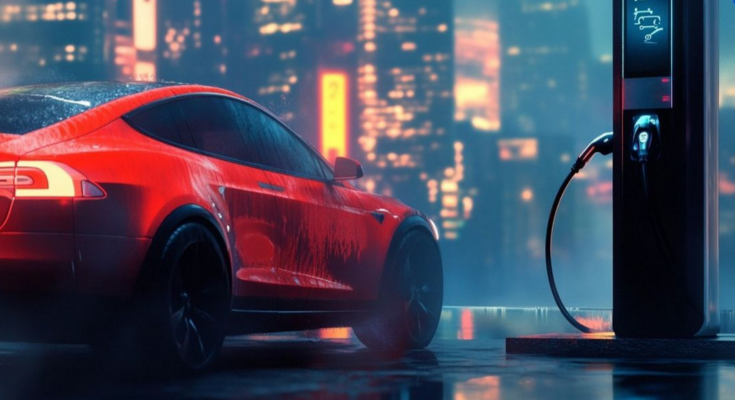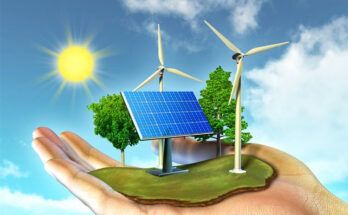Toyota Motor is delaying its US electric vehicle assembly plans due to a market slowdown, following similar announcements from other automakers such as Porsche, Bentley, Aston Martin, Volkswagen, Apple, and Ineos, as sales have not met expectations.
The automotive industry is rapidly transitioning towards an electric future, with companies like Tesla promoting EVs as a solution to climate change and reducing dependency on fossil fuels.
Traditional automakers like Ford, GM, Toyota, and Volkswagen have announced plans to transition their models to electric vehicles. However, the global slowdown in electric vehicle sales has led to a new destination in the GPS for EV manufacturers.
Outside of China, EV Sales Are Declining
Governments worldwide adopted mandates to phase out the sale of new internal combustion engine vehicles (ICE) vehicles by 2030, driven by the increasing availability of electric vehicles. They also supported investments in EV infrastructure and manufacturing to protect markets from lower-priced imports and supply chain disruptions.
The International Energy Agency reported a 35% increase in EV sales to 14 million in 2023, with 40 million on the road. Sales also grew by 20% in the first half of 2024, with a 30% increase in China. However, sales in Europe only grew by 1%, indicating a less optimistic EV trend.
The European Automobile Manufacturers’ Association (ACEA) reported a 43.9% drop in new battery-powered vehicle registrations in August 2024, resulting in a total market share drop from 21% to 14.4% year-on-year, a fourth consecutive decline, causing concern for industry and policymakers.
Automakers Respond to a Changing Market by Slowing EV Rollouts
Major automakers, including Toyota, have announced delays in their electric vehicle rollouts, especially in the US. By postponing the manufacture of its “Project T3” electric truck until the second half of 2027, Ford has also modified its EV strategy.
General Motors (GM) has postponed several electric vehicle (EV) projects, including the Chevrolet Silverado EV production, Buick EV launch, and battery production at its joint venture with Samsung SDI. This delay means despite selling 32,095 EVs in Q3 2024, GM will not meet its target of producing 1 million EVs annually by 2025.
Automaker’s 2024 EV Delays
Peugeot Australia has revised its electric vehicle introduction timeline, removing plug-in hybrid models and launching a new hybrid range for all passenger and SUV models by 2025. Hybrid vehicles, which combine an internal combustion engine with an electric motor, are seen as a safer option for the future.
Automakers Put More Effort Into Hybrids
Volvo Cars has reassessed its goal of becoming all-electric by 2030, estimating that up to 10% of its global sales will be hybrid. The decision was influenced by market conditions, customer demands, and the withdrawal of government incentives and tariffs on electric vehicles.
Ford is developing a new range of three-row hybrid SUVs due to the challenges of battery cost in pure electric vehicles. Hybrids reduce pollution, improve performance, increase vehicle range, and are efficient. In August, hybrids saw a 6.6% growth in new registrations in Europe, reaching 31.3%.
Using hybrids to fill the gap
Hybrid vehicles are a compromise between traditional gasoline-powered cars and fully electric models, allowing automakers to demonstrate fuel efficiency and reduce carbon emissions without the high costs of pure EVs. Most automakers already have ICE technologies that can be combined with electric components, reducing manufacturing process overhauls.
Hybrid cars are increasingly popular due to their ability to run in electric mode for short distances and provide a gasoline engine for longer trips. A UK car finance tracker shows that 28% of potential buyers would buy a hybrid, with 60% considering it over EVs and gasoline-fueled cars.
The Bottom Line
The vision of a fully electric future is still alive, but the journey is more complex due to high production costs, supply chain disruptions, and infrastructure limitations. As automakers address these challenges, they may gradually transition to electric vehicles, focusing on hybrid technologies as a short-term solution to bridge the gap.


